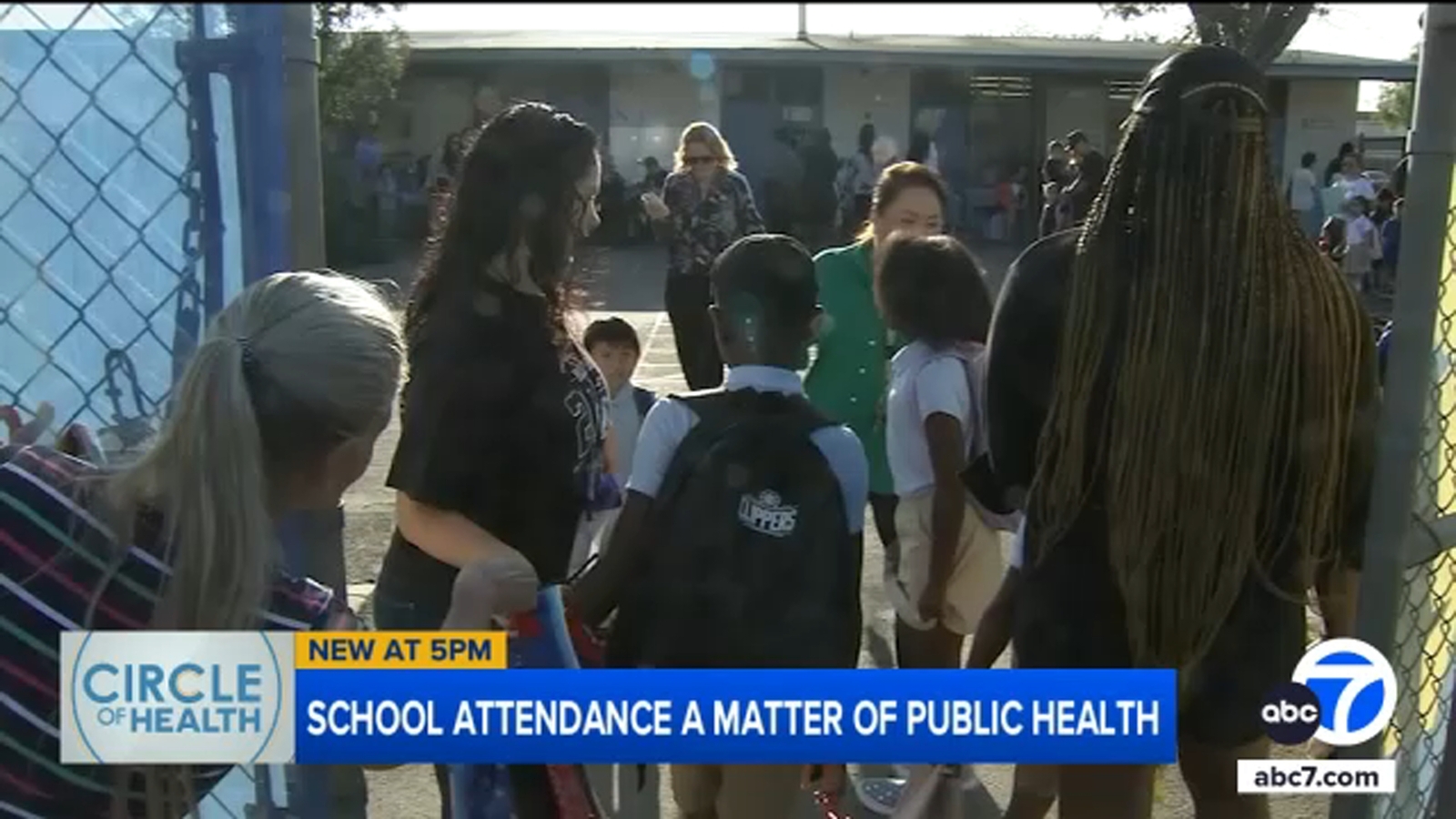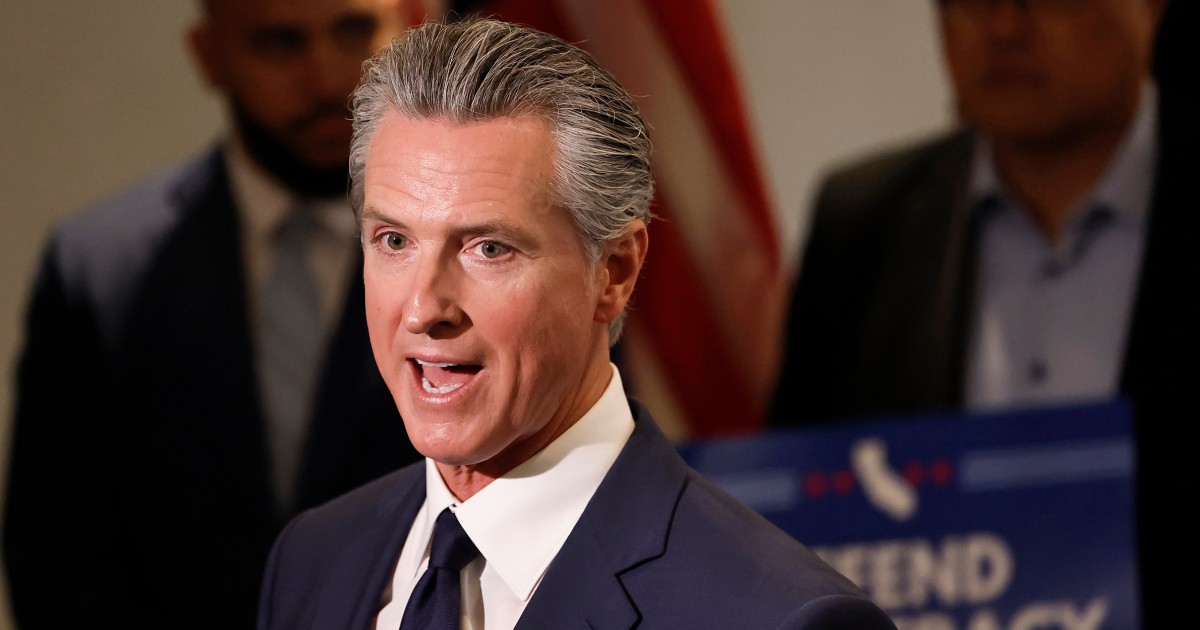Why Did Spurs Call Out 'Cowards' for Racial Abuse of Tel?

Understanding the Issue of Racial Abuse in Sports: A Focus on Mathys Tel
Racial abuse in sports has become an increasingly prevalent issue, particularly in high-stakes environments like the UEFA Super Cup. The recent incident involving Tottenham Hotspur's young forward Mathys Tel serves as a stark reminder of the challenges athletes face both on and off the field. Following a tense match against Paris St-Germain, in which Tottenham lost 4-3 on penalties after squandering a two-goal lead, Tel was subjected to racial abuse on social media. This article delves into the implications of such behavior and the broader context surrounding it, while also exploring the response from the club, fans, and authorities.
The Context of the Incident
Mathys Tel, a promising 20-year-old forward, made his entrance onto the pitch as a substitute in the 79th minute. In a match filled with high emotions and expectations, he was one of two Spurs players who unfortunately could not convert their penalties during the shootout. Despite the pressure, Tel displayed commendable bravery by stepping up to take a penalty in such a critical moment. Sadly, the aftermath of the game was marred by a wave of racial abuse directed at him on social media platforms.
Spurs' Official Response
In response to the abhorrent messages directed at Tel, Tottenham Hotspur released a strong statement condemning the abuse. They expressed their disgust at the behavior of those who had targeted the young player, characterizing them as "nothing but cowards" for hiding behind anonymous profiles to express their hateful views. The club emphasized their commitment to standing by Tel, asserting that they would work closely with authorities and social media platforms to pursue the strongest possible action against those responsible.
The Broader Implications of Racial Abuse
This incident raises significant questions about the culture within sports and the responsibilities of social media platforms. Racial abuse not only affects the targeted individual but also impacts the entire sporting community, creating an environment of fear and hostility. The psychological toll on athletes can be immense, often leading to mental health challenges that can affect performance and personal well-being.
Social Media's Role in Addressing Abuse
Social media platforms have been criticized for their inadequate measures to combat hate speech and abusive behavior. Despite policies against harassment, many users still find ways to bypass these regulations, leading to a cycle of abuse that remains largely unchecked. The call for more robust moderation and accountability is gaining momentum, with many advocating for stricter policies that ensure a safer environment for both users and athletes.
Support from the Football Community
The football community has largely rallied around Mathys Tel in light of this incident. Players, clubs, and fans alike have voiced their support, advocating for a united front against racism in sports. Initiatives such as "Kick It Out" and "Show Racism the Red Card" aim to educate and raise awareness about the impact of racism, fostering a more inclusive culture within sports.
What Can Be Done Moving Forward?
To combat racial abuse effectively, a multi-faceted approach is required. Here are several actions that can be taken:
- Stricter Regulations: Governments and sports organizations must implement stricter regulations surrounding online abuse.
- Increased Awareness: Campaigns that promote diversity and inclusion in sports can help change the narrative surrounding race.
- Support Systems: Establishing more robust support systems for athletes facing abuse is crucial. This includes mental health resources and counseling.
- Community Engagement: Engaging with fans and educating them about the effects of racism can foster a more supportive environment.
The Psychological Impact of Racial Abuse on Athletes
The repercussions of racial abuse extend beyond immediate emotional distress. Athletes like Mathys Tel may experience long-term psychological effects, including anxiety, depression, and decreased self-esteem. The pressure of public scrutiny combined with personal attacks can create a daunting environment for young players. Addressing these mental health challenges is essential for their overall well-being and performance.
The Importance of Education and Awareness
Education is a powerful tool in the fight against racism. By fostering a deeper understanding of the issues surrounding racial abuse, organizations can promote empathy and respect within the sporting community. Programs aimed at educating young players, fans, and even coaches about the dangers of racism can pave the way for a more inclusive culture in sports.
Engagement from Fans and Communities
Fans play a pivotal role in shaping the culture of sports. By actively promoting messages of unity and derailing instances of racism, they can contribute to a more positive atmosphere. Community-led initiatives that focus on diversity and inclusion can also empower fans to take a stand against racism, creating a ripple effect that resonates throughout the sport.
Conclusion
The incident involving Mathys Tel highlights an ongoing issue that requires collective action from all sectors of society, particularly in sports. As we reflect on the nature of racial abuse, it is clear that we must champion change—whether through stricter regulations, educational initiatives, or community engagement. The responsibility lies not only with clubs and players but also with fans and social media platforms to foster an environment that celebrates diversity and condemns hate.
In the words of Tottenham Hotspur, it is essential to stand in solidarity with athletes like Mathys Tel, ensuring they feel supported and valued regardless of the challenges they face. How can we, as a community, further contribute to dismantling the culture of racism in sports? What steps can you take in your own life to promote inclusivity?
FAQs
What actions can sports clubs take to combat racial abuse?
Sports clubs can implement educational programs, enhance their social media policies, and provide mental health support for affected players.
How can fans help in the fight against racism in sports?
Fans can actively promote messages of inclusivity, participate in community initiatives, and report instances of abuse to the relevant authorities.
What are the psychological effects of racial abuse on athletes?
Racial abuse can lead to anxiety, depression, decreased performance, and long-term psychological distress for athletes.
As we move forward, it is crucial to remain vigilant and proactive in our fight against racism in sports. Together, we can create a more inclusive and respectful environment for all athletes. #StandAgainstRacism #SupportMathysTel #UnityInSports
Published: 2025-08-14 07:00:33 | Category: sport



